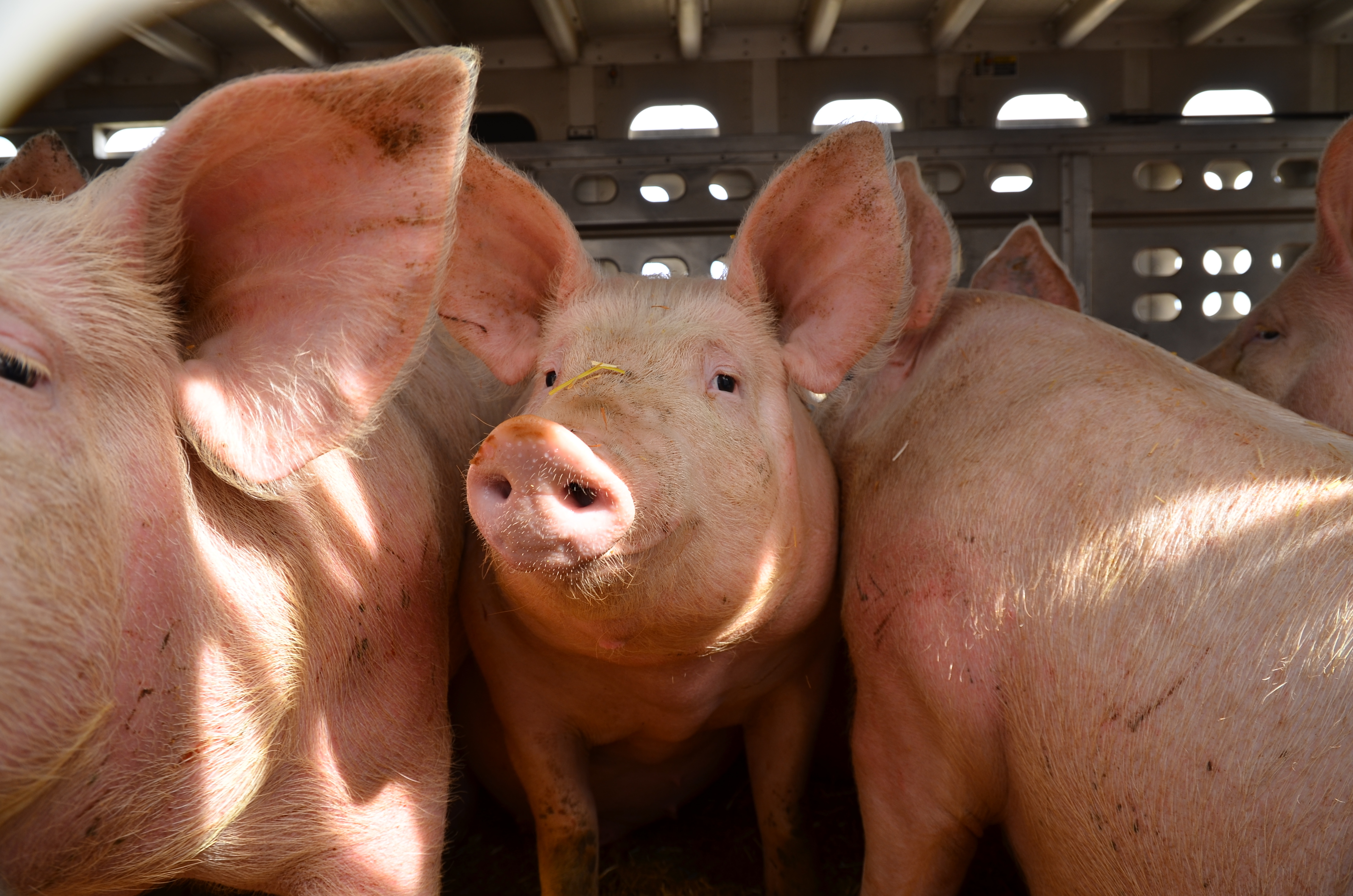



EU updates advice on how to ensure pig welfare at slaughter
In the European Food Safety Authority’s (EFSA) latest advice on the welfare of animals during slaughter, they stress the need for training abattoir staff and better-designed processing facilities.In a scientific opinion published earlier in June, the EFSA finds that most of the hazards related to pig welfare can be attributed to inadequate staff skills and poorly designed and constructed slaughter facilities.
Marta Hugas, EFSA’s Chief Scientist, said: “As part of its new Farm to Fork strategy, the European Commission is reviewing current provisions on animal welfare, with the aim of creating a more sustainable food system in the EU. This series of opinions, plus others that we will deliver in the next few years, will provide the scientific basis for that review.
“Having high standards of animal welfare improves animal health and food quality, reduces the need for medication and can help preserve biodiversity. Healthy, well looked-after animals are essential to a healthy food chain.”

The EFSA overview on pigs examines the slaughter process from arrival and unloading at the abattoir to the stunning to bleeding and killing. It identifies the potential hazards that can lead to larger welfare issues – such as heat stress, thirst, prolonged hunger and respiratory distress – and proposes corrective and preventive measures where applicable.
The overview finds that 29 of the 30 welfare hazards can be attributed to staff failings like fatigue and lack of training. The authors stress that preventive measures can be enacted for all the hazards. They identified site management as one of the more crucial factors in preventing pig welfare issues.
The scientific opinions on slaughter are based on the most up-to-date available scientific knowledge and are being developed in consultation with animal welfare experts from EU member states.
The findings will be used by the European Commission in discussions with the World Organisation on Animal Health (OIE) aimed at aligning approaches to animal welfare at slaughter.








